In the last decade, the books published by Princeton University Press that examine the fateful period of the Turkish-Armenian relations in the last decades of the Ottoman Empire have been extraordinarily one-sided and been written by scholars who are part of the same network. These include works by Taner Akçam, Ronald Grigor Suny, Davide Rodogno. Hans-Lukas Kieser’s forthcoming book may be considered a further addition to this trend.
This disturbing pattern became particularly noticeable after Eric Weitz, founded and became the editor of the “Human Rights and Crimes against Humanity Series” at Princeton University Press. Weitz, previously Arsham and Charlotte Ohanessian Chair at the University of Minnesota, had met Taner Akçam at the same University (where Taner Akçam was a visiting scholar for almost a decade, sponsored by the Cafesjian Foundation and Zorian Institute) and is known to have promoted Akçam. Under his guidance Princeton University Press published Akçam’s controversial study “Young Turks’ Crimes against Humanity.” This was a surprising decision not least because Akçam’s use of sources and his translations are severely criticized in published critiques of his work, holding him responsible for a number of violations of scholarly ethics including manipulation of his sources by omissions of words and phrases as well as altering words in quoted texts. Akçam frequently uses his sources selectively, leaving out information which contradict his thesis. Still worse, Akçam often alters the phrases contained in his sources, substituting them with different words so as to concoct support for his allegations.
Weitz also played a key role in the publication of Ronald Grigor Suny’s book. As Suny admits in his book, Weitz along with a fellow editor “initiated” the project, “in fact insisting that” Suny “write this book.” (Suny, They Can Live in the Desert but Nowhere Else, p.x). Suny’s book is full of errors, inconsistencies, editorial mistakes, oversimplifications as well as serious shortcomings. Suny like Akçam uses his sources selectively, ignoring events and sources which contradict his thesis.
In his endnotes, Suny refers to a Russian Archive, using Cyrillic letters (АВПР) without providing any transliteration, which is quite odd, given that serious western publishers demand authors to provide transliteration for words written in different scripts instead of the original form. Subsequently, however, Suny uses the transliterated version (AVPR) for the same archival abbreviation. Similarly when citing Russian archival documents, Suny does not follow consistent citation method. In standard citations to Russian documents in archives or document collections, an author would list the name of the archive, the fond, the opisi, the dela and then the page number, known as a "list." Suny does not follow this standard citation method. When Suny cites Russian archival documents, he uses both “List” (as in “ll” on p.412 note 69) and the English “page” (as in “pp” on p.412 note 70) interchangeably. Still on other instances Suny’s citations uses the translations of archival divisions rather the generally-accepted citation methods.
Normally, publishing houses, especially those of the caliber of the Princeton University Press, would painstakingly strive to remove these inconsistencies and errors. Unfortunately, this is not the case in Suny’s book, which clearly indicates that it has not gone through strict editorial and peer-reviewing process and was published with the help of editors who practiced favoritism to those who are part of their network.
Of course any publishing house is free to publish studies provided that they go through a fair and strict editorial and peer-reviewing processes. In the recent years, unfortunately, this aspect of the scholarly publication process appears to have been grossly overlooked and Princeton University Press seems to have become an in-house publication venue on the Armenian Question.
© 2009-2025 Center for Eurasian Studies (AVİM) All Rights Reserved
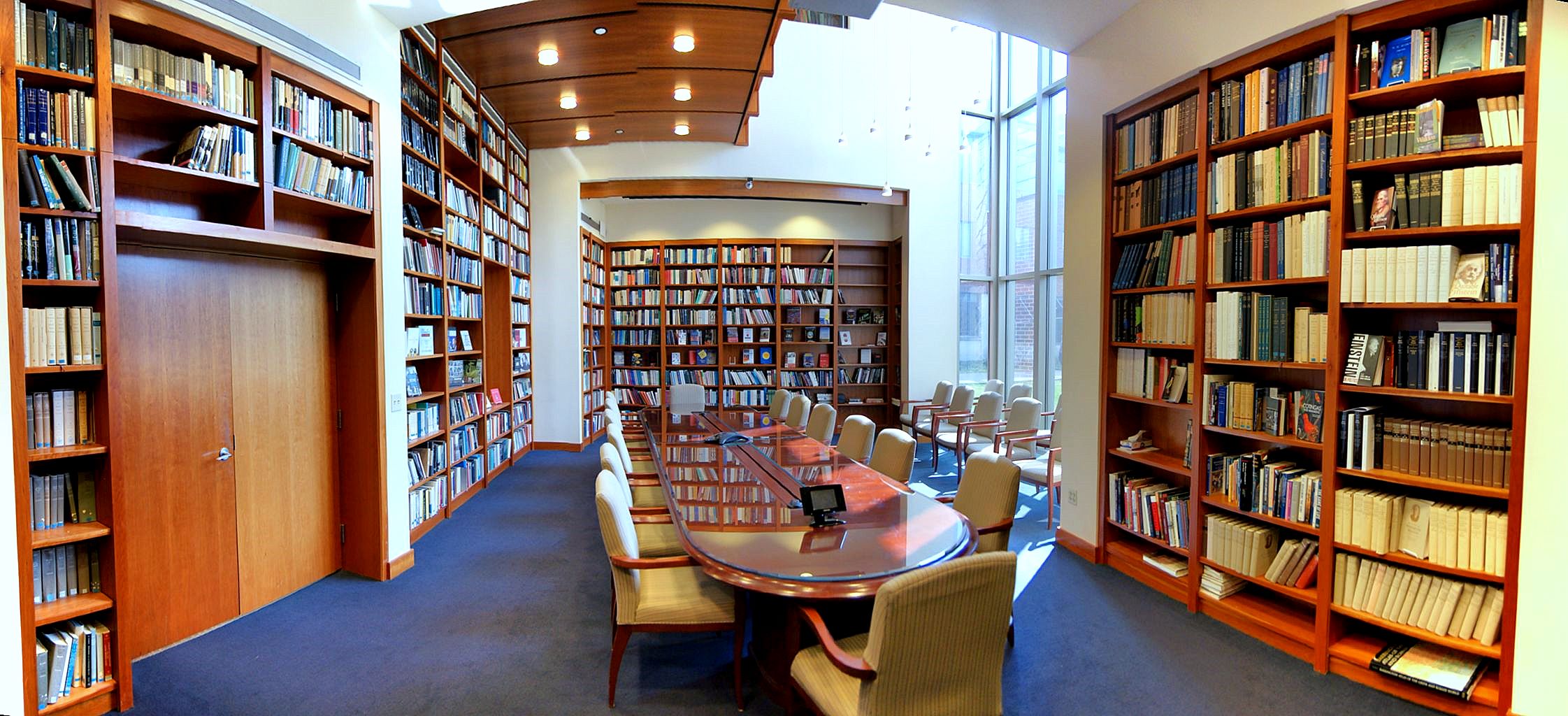
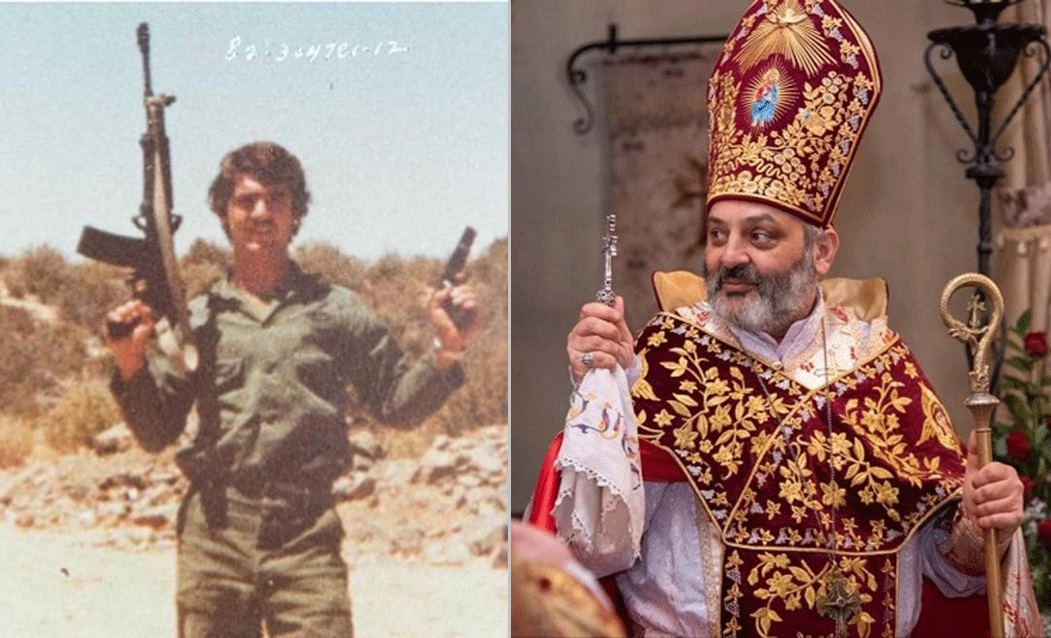 THE ARMENIAN APOSTOLIC CHURCH AND THE ENCOURAGEMENT OF TERRORISM
THE ARMENIAN APOSTOLIC CHURCH AND THE ENCOURAGEMENT OF TERRORISM
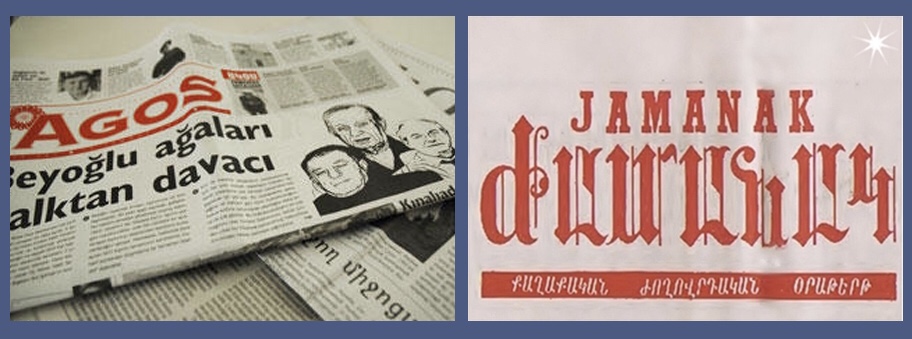 THE LAST ACT IN THE DUEL BETWEEN JAMANAK AND AGOS
THE LAST ACT IN THE DUEL BETWEEN JAMANAK AND AGOS
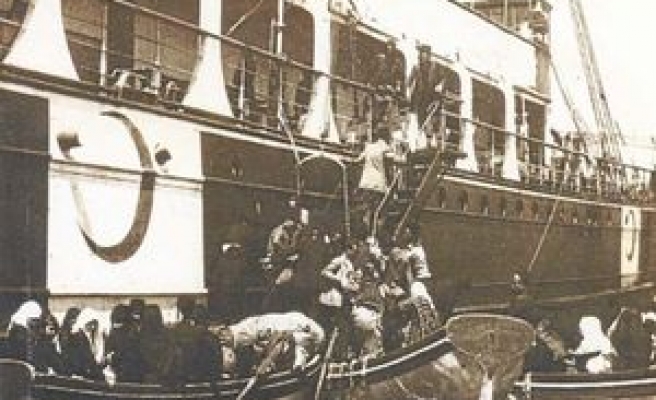 ON THE POPULATION EXCHANGE BETWEEN GREECE AND TURKEY
ON THE POPULATION EXCHANGE BETWEEN GREECE AND TURKEY
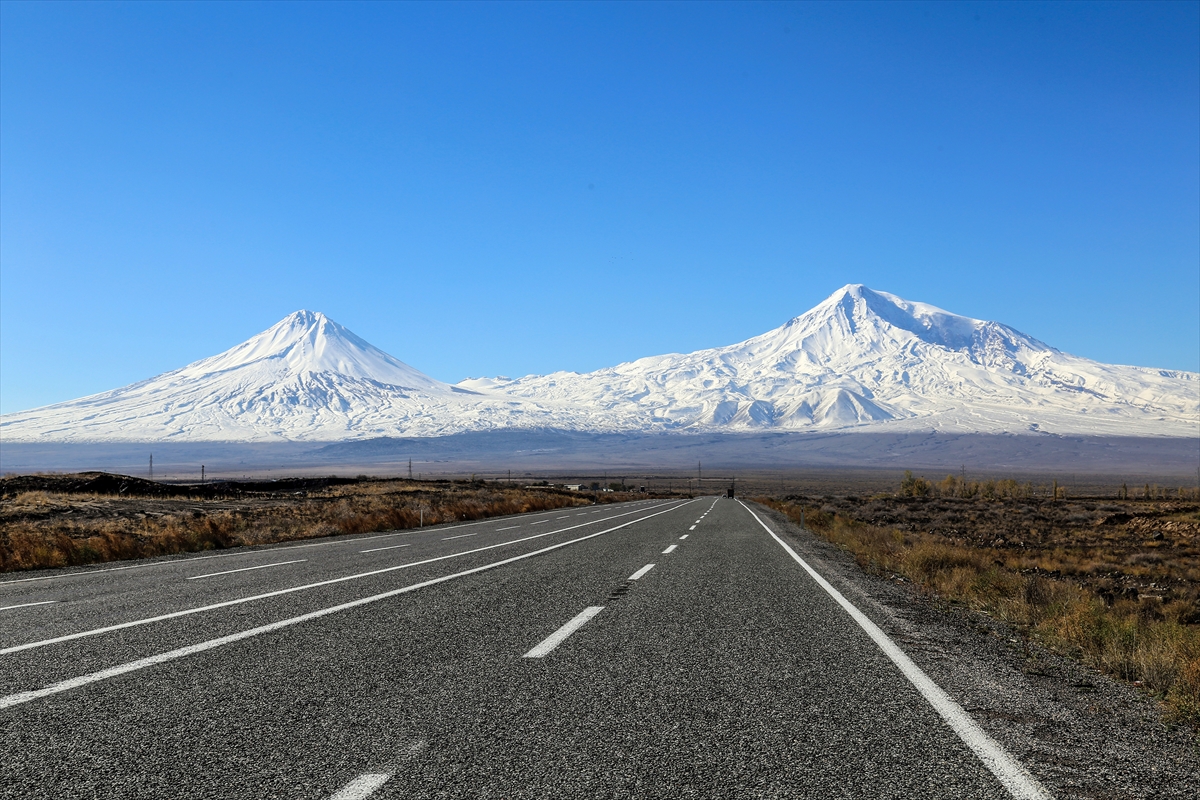 AGOS AND THE EMPHASIS ON “ARARAT”
AGOS AND THE EMPHASIS ON “ARARAT”
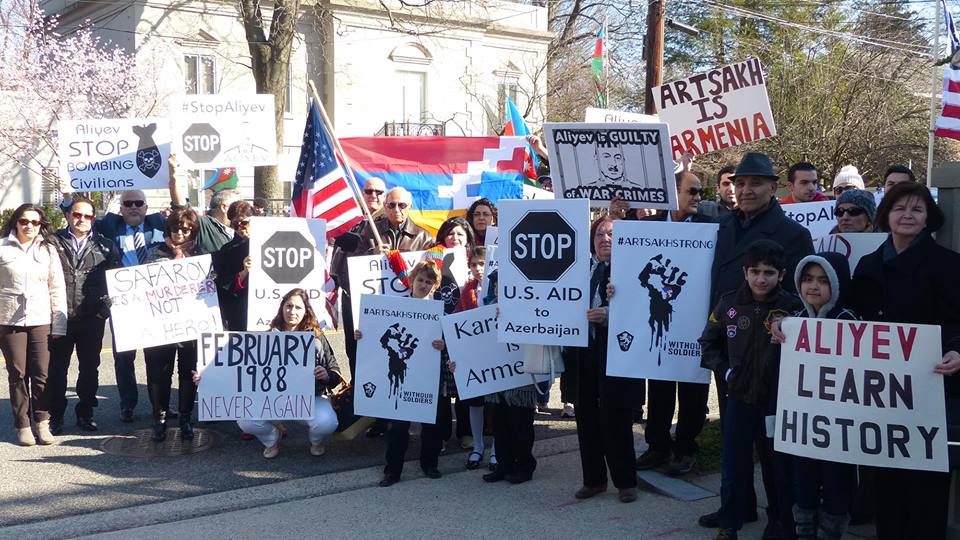 H. RES. 220 – A CONFLATION OF PAST AND PRESENT
H. RES. 220 – A CONFLATION OF PAST AND PRESENT
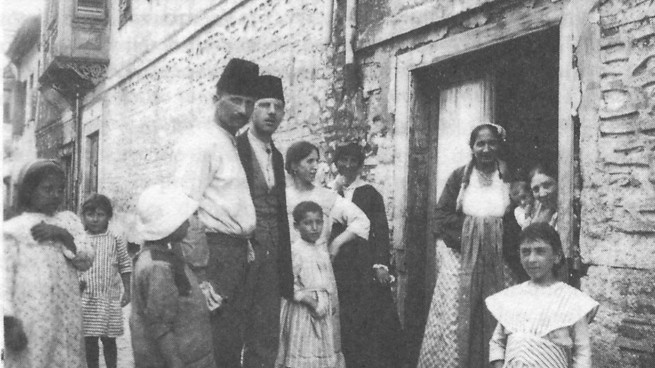 TURKS AND JEWS - A HISTORICAL INSIGHT
TURKS AND JEWS - A HISTORICAL INSIGHT
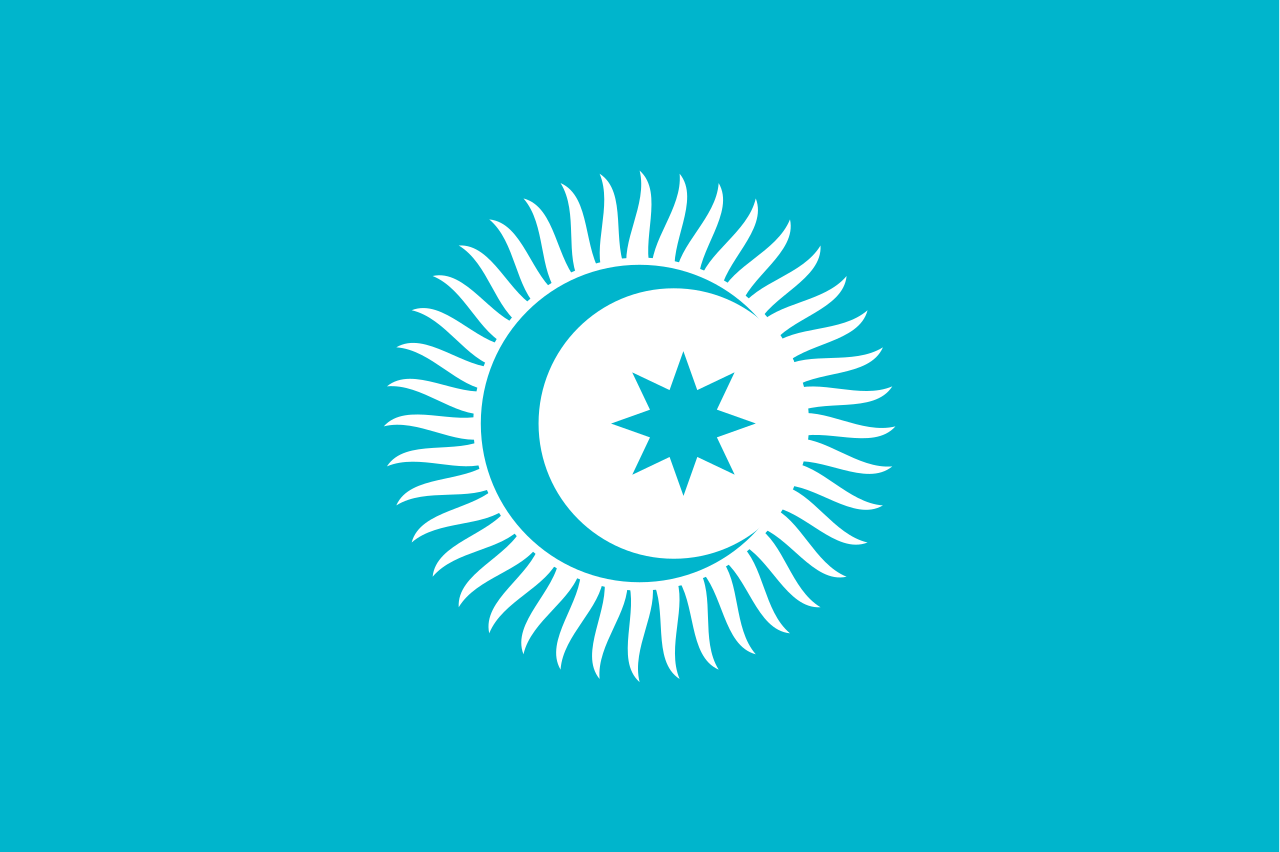 THE REPUBLIC OF KAZAKHSTAN: INITIATOR OF THE ORGANIZATION OF TURKIC STATES
THE REPUBLIC OF KAZAKHSTAN: INITIATOR OF THE ORGANIZATION OF TURKIC STATES
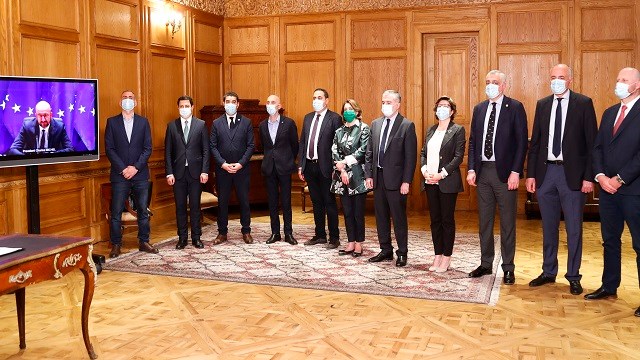 THE POLITICAL DEADLOCK IN GEORGIA HAS COME TO AN END
THE POLITICAL DEADLOCK IN GEORGIA HAS COME TO AN END
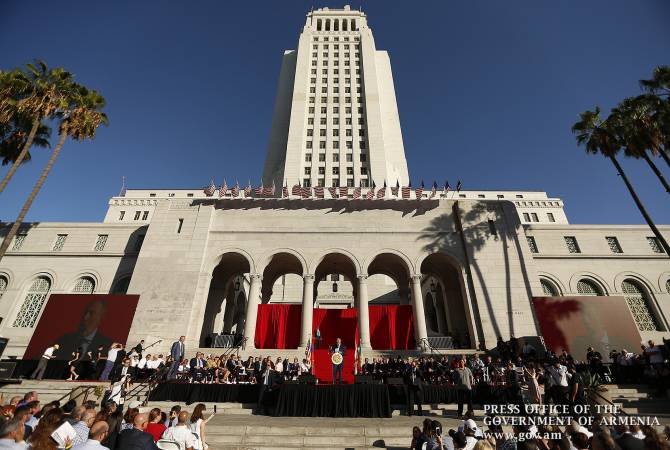 THE PASHINYAN ADMINISTRATION IS FOCUSING ON PROPAGANDA
THE PASHINYAN ADMINISTRATION IS FOCUSING ON PROPAGANDA
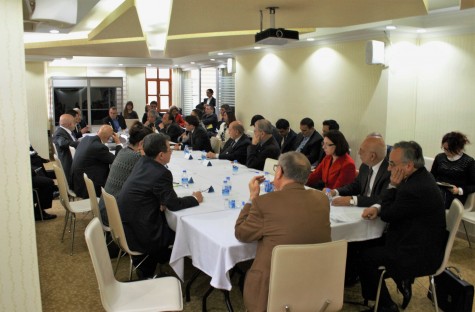 CONFERENCE ORGANIZED BY AVIM AND KONRAD ADENAUER STIFTUNG TITLED “PROJECTIONS FOR THE FUTURE OF THE TURKISH-ARMENIAN RELATIONS
CONFERENCE ORGANIZED BY AVIM AND KONRAD ADENAUER STIFTUNG TITLED “PROJECTIONS FOR THE FUTURE OF THE TURKISH-ARMENIAN RELATIONS




























